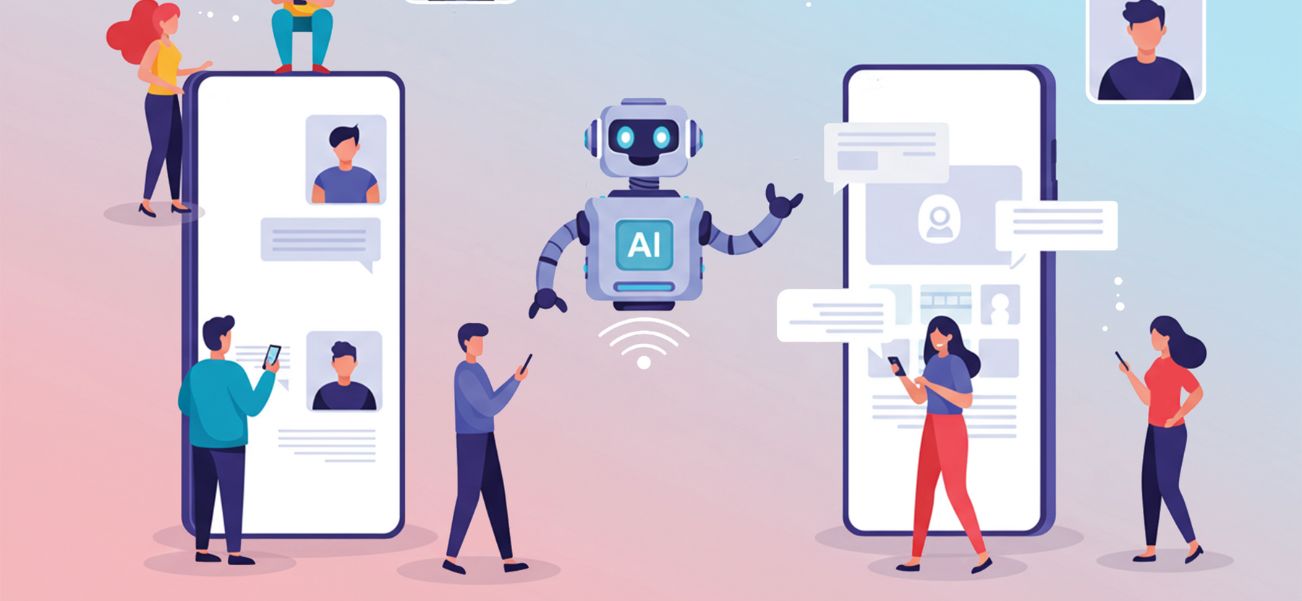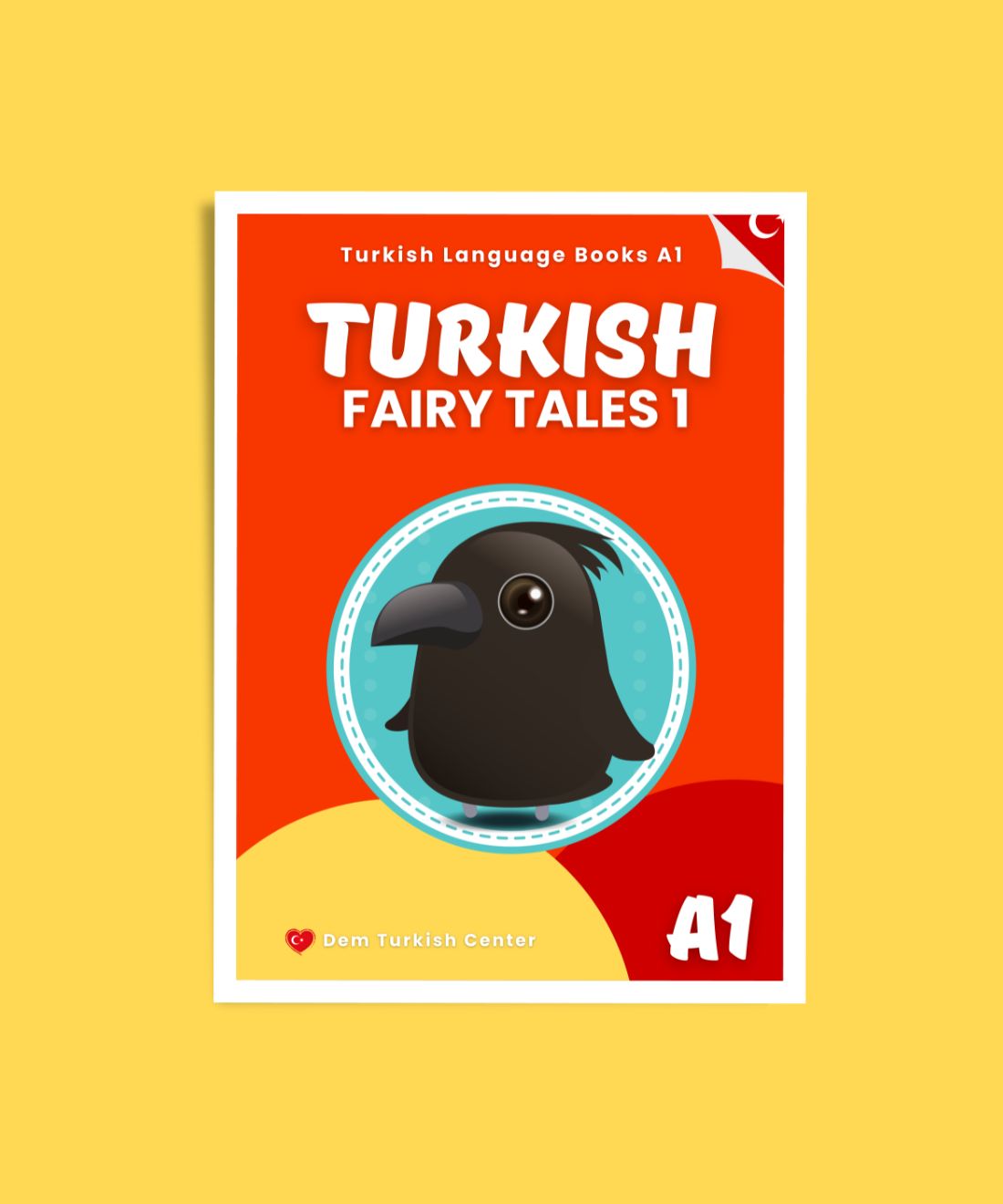
Is AI Language Learning Effective? Here's What the Research Says
In recent years, AI-powered language learning tools like Duolingo, Babbel, and ChatGPT have surged in popularity. But does learning a language with artificial intelligence actually work? Can algorithms replace traditional classrooms or human tutors?
This in-depth guide examines scientific studies, expert opinions, and real-world results to determine whether AI language learning is truly effective. We’ll explore:
- How AI language apps work
- What research says about their effectiveness
- Key benefits and limitations
- How to use AI for best results
If you're considering using AI to learn a new language, this evidence-based breakdown will help you make an informed decision.
IS AI EFFECTIVE FOR LANGUAGE LEARNING?
Language Learning with AI: A Beginner’s Guide
How AI Language Learning Works
AI language learning platforms use several key technologies:
1. Natural Language Processing (NLP)
- Analyzes grammar, vocabulary, and sentence structure
- Powers chatbots for conversation practice (e.g., ChatGPT)
2. Speech Recognition & Pronunciation Analysis
- Tools like ELSA Speak and Speechling compare your speech to native speakers
- Provide instant feedback on accent and fluency
AI For Language Learning: The Pros and Cons
3. Adaptive Learning Algorithms
- Platforms like Duolingo and Memrise adjust lessons based on performance
- Focus on weak areas using spaced repetition
4. Generative AI for Practice
- AI tutors (e.g., Lingvist, TalkPal) simulate real conversations
- Generate personalized exercises and translations
AI vs. Traditional Language Learning: What’s Better?
What the Research Says About AI Language Learning
Study 1: AI vs. Traditional Learning (University of Oregon, 2022)
- Finding Learners using AI apps improved 28% faster in vocabulary retention than textbook learners.
- But Human tutoring still led to better speaking fluency.
- Conclusion AI is great for vocabulary and grammar, but conversation practice lags.
Study 2: Speech Recognition Effectiveness (MIT, 2023)
- Finding AI pronunciation tools (like ELSA Speak) improved accents by 40% in 3 months.
- Limitation Struggled with tonal languages (e.g., Mandarin, Thai).
- Takeaway Best for European languages, less effective for tonal or complex dialects.
Study 3: Long-Term Retention (University of Barcelona, 2021)
- Finding Learners who combined AI apps + human practice retained 56% more after 1 year vs. AI-only users.
- Recommendation Use AI for daily drills, but supplement with real conversations.
Pros of AI Language Learning (Backed by Research)
1. Faster Vocabulary Acquisition
- AI’s spaced repetition boosts memorization (Journal of Applied Linguistics, 2023).
- Apps like Anki and Memrise use algorithms to reinforce words at optimal intervals.
2. 24/7 Accessibility & Low Cost
- Free or affordable compared to tutors ($10-$30/month vs. $20-$50/hour for tutors).
- Available anytime—great for busy learners.
3. Personalized Learning
- AI adjusts difficulty based on performance (e.g., Duolingo’s adaptive paths).
- Focuses on weak areas automatically.
4. Instant Feedback
Grammar corrections, pronunciation analysis, and writing suggestions in real time.
Limitations of AI Language Learning (What Research Warns)
1. Struggles with Advanced Fluency
- Most AI tools plateau at intermediate levels (CEFR B1-B2).
- Advanced learners need human interaction for nuanced discussions.
2. Poor Handling of Cultural Context
- AI may generate unnatural phrases or miss slang (e.g., translating "cool" literally).
- Lacks emotional intelligence in conversations.
3. Over-Reliance on Translation
Some learners develop translation habits instead of thinking in the target language.
4. Pronunciation Isn’t Perfect
Speech recognition misreads accents 15-20% of the time (MIT, 2023).
How to Make AI Language Learning More Effective
Research-Backed Tips
- Combine AI with Human Interaction Use iTalki, Tandem, or HelloTalk for real conversations.
- Prioritize Active Recall Over Passive Learning Speak aloud, write sentences, and avoid just tapping buttons in apps.
- Use AI for Drills, Not Just Theory Practice shadowing (repeating after AI audio).
- Supplement with Immersion Watch movies, listen to podcasts, and read in your target language.
Best AI Language Tools (According to Studies)
- Duolingo Vocabulary & Grammar (Good for beginners)
- ELSA Speak Pronunciation (Best for English)
- ChatGPT Conversation Practice (Needs human supplement)
- Speechling Accent Training (Great for feedback)
Final Verdict: Is AI Language Learning Effective?
Yes, for:
- Beginners learning vocabulary & grammar
- Pronunciation practice (especially English)
- Affordable, flexible learning
No, if:
- You need advanced fluency
- You rely only on AI without human practice
- You’re learning tonal or rare languages
The Best Approach?
Use AI for 70% of study (drills, vocab, grammar) + 30% human interaction (tutors, conversation partners).
Research confirms that AI language learning is effective—but with limits. It excels at vocabulary, grammar, and pronunciation but struggles with advanced fluency and cultural nuance.
For best results, combine AI tools with real-world practice. Ready to start? Try Duolingo for basics + iTalki for speaking—a research-backed combo!
What’s your experience with AI language learning? Share in the comments!














